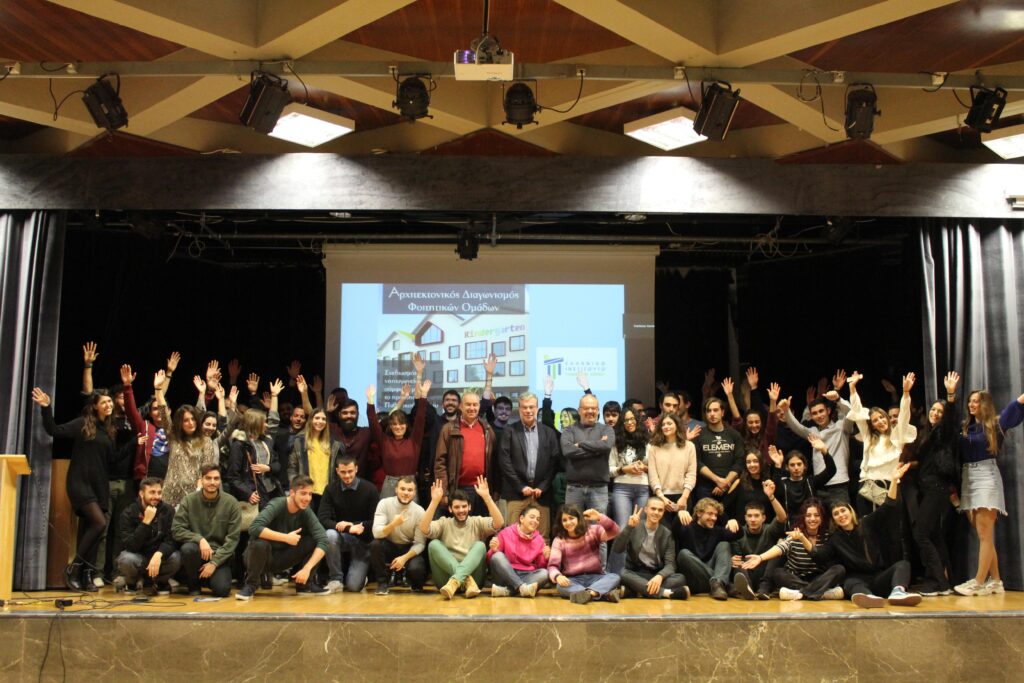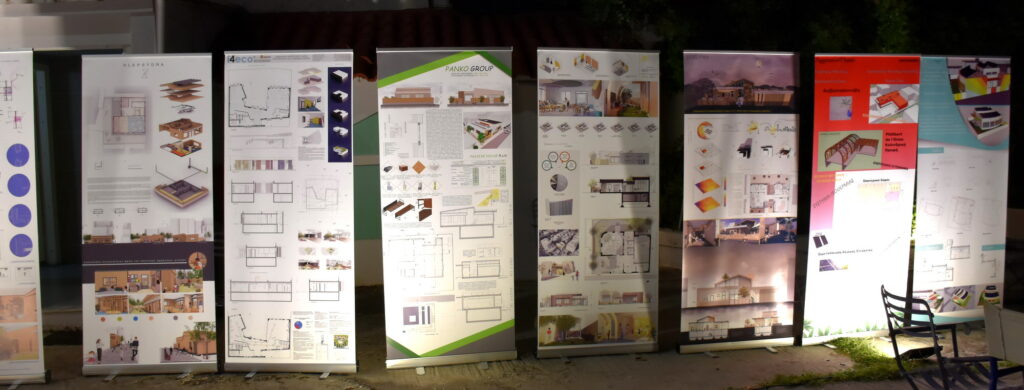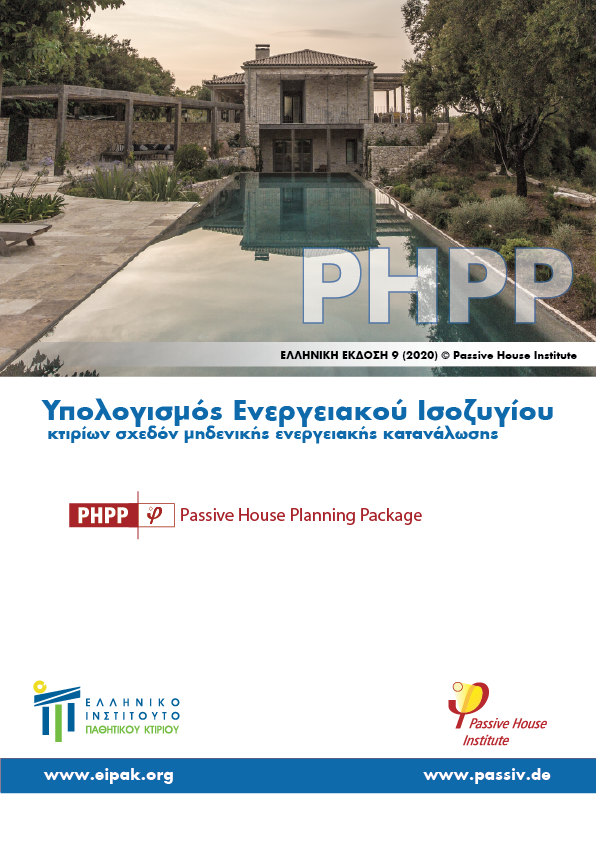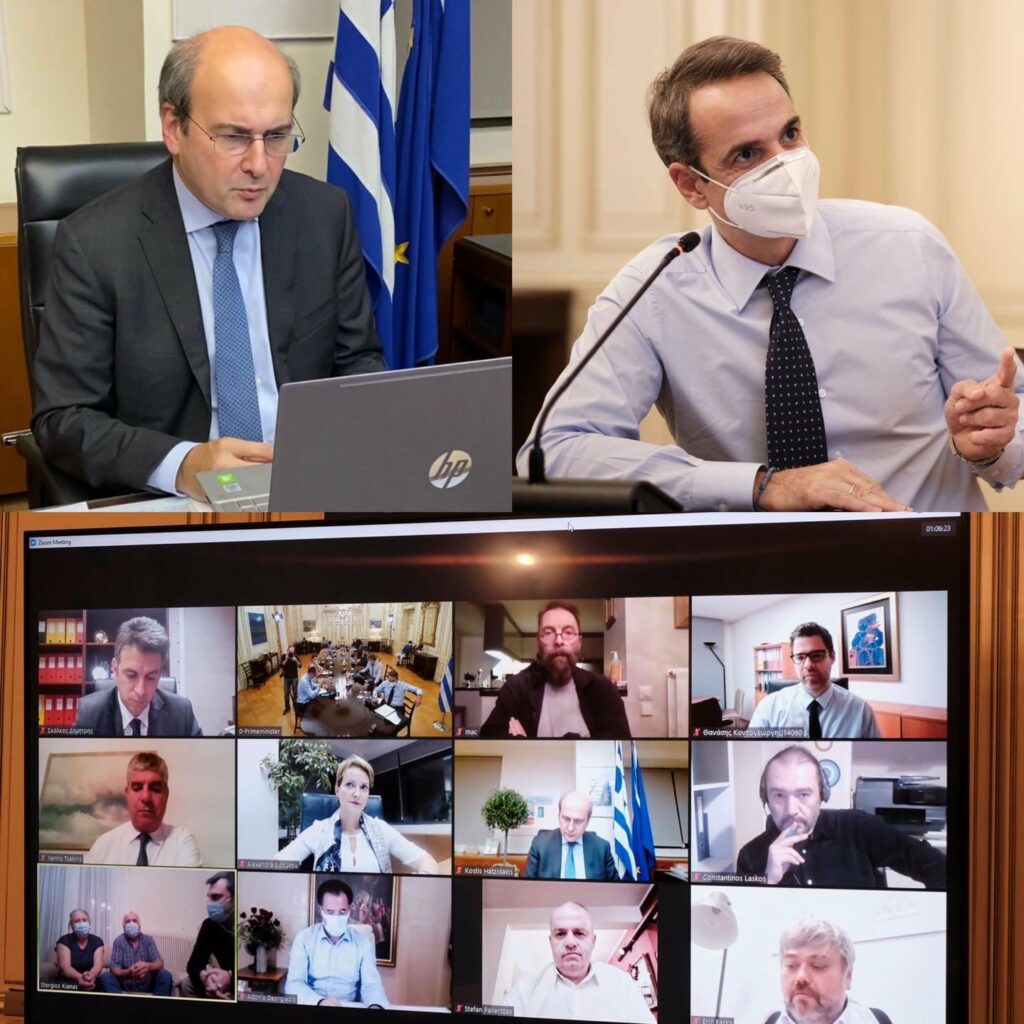The International Passive House Association (iPHA) was founded in 2010 to support the growing global Passive House community, disseminate information on the Passive House Standard and foster a greater public understanding of its significance. iPHA partners with independent Passive House organisations, called ‘affiliates’, all over the world. Over the years, iPHA has seen the number of affiliates and members grow to a massive number of 5000 members and 23 affiliates. This series of interviews highlights iPHA affiliates and their local activities and developments.
Foundation
In 2012, a group of engineers, lawyers, and other experts in sunny Athens decided to found a Non-Governmental Organisation (NGO) with the aim of spreading Passive House knowledge to engineers, stakeholders, as well as the users and support the Passive House Projects developing in Greece. This is now known as the Hellenic Passive House Institute (HPHI) and has grown to more than 100 members. This year, HPHI celebrates its 10th anniversary of the first Passive House in Greece and the 5th anniversary of the first locally certified Passive House. What a milestone!
Activities

Over the years, a lot has been achieved by the team of building certifiers, course providers, and component assessors who try to engage in every activity concerning the Passive House concept. However, one of the goals of HPHI is to raise awareness of energy-efficient buildings among the municipalities and state. Along with this, they also engage with students and young engineers in annual competitions for public Passive House building projects. One example is the 2020 Passive House Student Competition, in which the participants were asked to design a Kindergarten.


Greece being a small country, the Passive House Standard has not yet exploded like in other countries such as Canada or Spain. With the efforts of the HPHI, the Passive House concept is slowly entering the market. Now there are more than 35 residential projects in Greece, 7 of which are certified; 10 are in the process of certification, and another 20 are in the design and construction phase. They have completed projects in the high ranges of northern Greece and the hot and humid islands of the Aegean.
Growth and Development
The Passive House concept has come a long way in Greece. 9 years ago, during the economic crisis, communicating an environmentally friendly construction concept was very difficult. The major players of the metal, the technical and scientific community were against the concept. With HPHI’s perseverance, as of now, they have the best Passive House certified windows in the world. This year, Stefan Pallantzas, the president of the board, participated in the national videoconference with the Greek Prime Minister on energy efficiency in buildings.

Future
HPHI’s goals do not stop here. Their ultimate aim is to educate every single engineer and technician in the construction field. The best way to introduce this concept starts at university. The Passive House concept has already started becoming a part of the Greek University curriculum. Along with supporting members to design and build private projects, it is important to engage with the state for public buildings and schools. In addition to constructing a Passive House, it is important to get as many projects as possible certified. As a final point, HPHI aims to strengthen the scientific team with young engineers with innovative ideas and extend the support on Passive House projects in more countries in South-Eastern Europe and the Mediterranean.
Are you enjoying this new iPHA meet the affiliates series? If you are, make sure to come back every Tuesday to read about a new affiliate each time.






 Carl supports our international communication activities and is the point of contact for administrative enquiries.
Carl supports our international communication activities and is the point of contact for administrative enquiries.